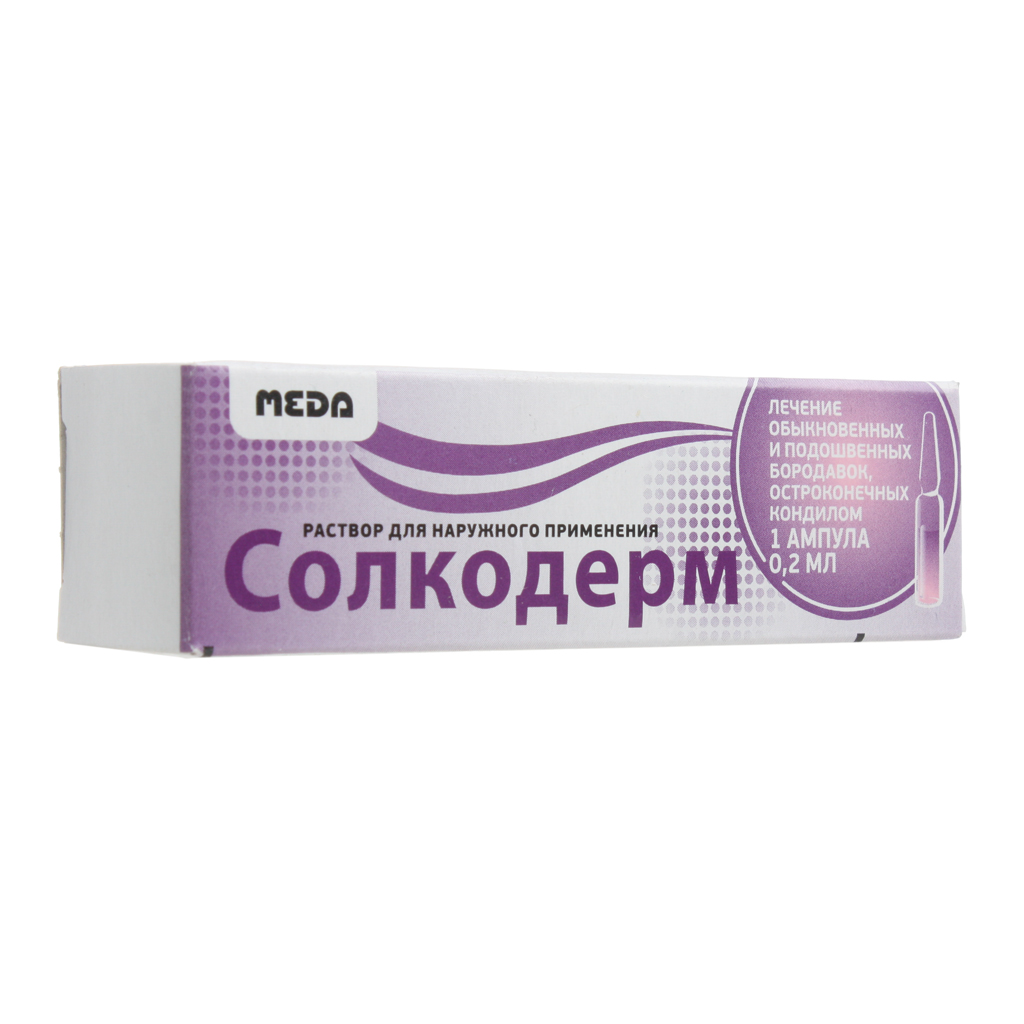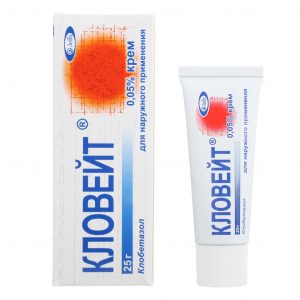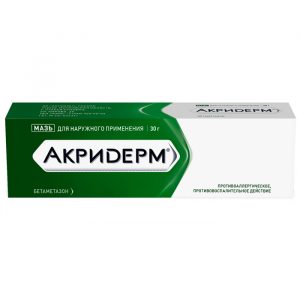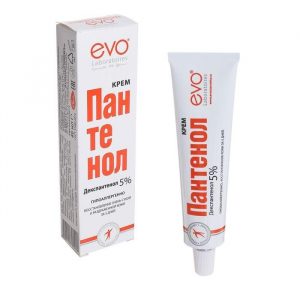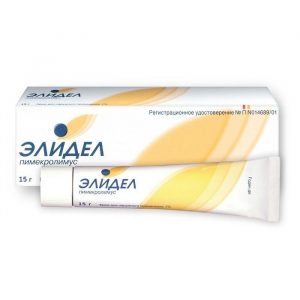Description
Latin name
Solcom
Release form
Solution for external use.
Packaging
In a vial of colorless glass, 0.2 ml of solution. In the package there is 1 ampoule complete with a plastic applicator and 2 glass capillaries.
Indications
For external use in the treatment of benign skin changes: – Ordinary warts (Verruca vulgaris).
– Plantar warts (Verruca plantaris).
– Genital warts (Condylomata acuminata).
– Non-cellular nevus tested for good quality (Naevus naevo-cellularis).
Contraindications
– Malignant neoplasms of the skin prone to metastasis (including malignant melanoma).
– Severe tendency to form scar tissue.
Solcoderm cannot be used to remove freckles and keloid scars.
Use during pregnancy and lactation
Studies to study the possible effect of the drug on the body of women during pregnancy and lactation have not yet been conducted. Solcoderm can be used during pregnancy and lactation only in cases where the potential benefit of its use exceeds the possible risk to the fetus or child.
Experimental animal studies have shown that there is no risk factor for the fetus.
Composition of
1 ml of solution for external use contains: Azoya acid 70% 5807 mg, acetic acid 99% 411 mg, oxalic acid dihydrate 574 mg, lactic acid 90% 45 mg, copper nitrate (II) trihydrate 48 mcg.
Excipients: distilled water.
Dosage and administration
Solcoderm is intended for external use only. The procedure should be performed by a doctor or qualified medical personnel under the supervision of a doctor.
Before the procedure, the area of the affected area of the skin is treated with ethyl alcohol or ether. Solcoderm is applied directly to the affected area of the skin. To apply the drug to the skin, a special plastic applicator with sharp and blunt ends is used, which is available in the package. The sharp edge is used mainly for applying the drug to small areas of the affected skin, the blunt end is used to treat extensive lesions.
As an alternative method of application, the enclosed glass capillary is used. Combined skin lesions with an area of 2-3 cm 2 can also be treated with a glass capillary. To fill the glass capillary with the preparation, it must be immersed for several minutes in the Solcoderm solution. Special care should be taken when applying, avoiding applying too large volumes of Solcoderm solution and damage to the underlying layers of the tissue. It is necessary to apply as much solution as the tissue of the affected area of the skin absorbs it.
Solcoderm is carefully applied to the affected area of the skin with a plastic applicator or glass capillary and then distributed over the surface of the selected area of the skin with gentle pressure using a plastic applicator until the solution completely penetrates the tissue. Over the next 3-5 minutes, it is necessary to carefully monitor the changes occurring in the treated area: skin discoloration occurs with the appearance of a characteristic pale grayish or yellowish tint. The procedure should be repeated until the above discoloration of the skin occurs.
When treating keratinized warts, the upper layer of the stratum corneum should be removed first.
Affected areas of the skin with a diameter of more than 10 mm are treated with Solcoderm only if it is established that only the upper layer of the skin is pathologically altered.
If there are numerous foci of skin lesions, Solcoderm treatment should be carried out in several stages, with an interval of approximately 4 weeks. During each procedure, no more than 2-3 lesions with a total area of no more than 2-3 cm 2 can be processed.
Within a few days after the procedure, the treated area of the skin acquires a dark brown hue and dries to form a scab. In case of unsatisfactory mummification of pathologically altered tissue, a second procedure can be carried out after a few days.
In order To facilitate the fixation and mummification of pathologically altered tissues treated, the affected areas should be treated 2-3 times / day with a swab moistened with 70% ethyl alcohol solution (especially after taking a bath or after washing).
Do not remove scabs by scraping or using mechanical means. The scab should fall away spontaneously, otherwise a violation of the healing processes of the tissues and the formation of scars is possible.
Side effects
Local reactions: moderate transient erythema and the temporary occurrence of a white ischemic ring on healthy skin around the site of application of the drug (do not require special treatment), short-term burning for several minutes after applying the drug in very rare cases – a change in skin pigmentation and the formation of scar tissue.
Drug Interaction
No information described.
overdose
Symptoms: The use of Solcoderm in too high doses can lead to acid burns and damage to deep skin.
Treatment: An ulcer resulting from an overdose, is treated like a normal wound.
Storage conditions
The drug should be stored at a temperature of 8 ° to 20 ° C.
Expiration
2 years.
pharmacy terms and conditions
prescription
Dosage form
dosage form
solution for external use
Meda Farma GmbH and Ko.KG, Switzerland
